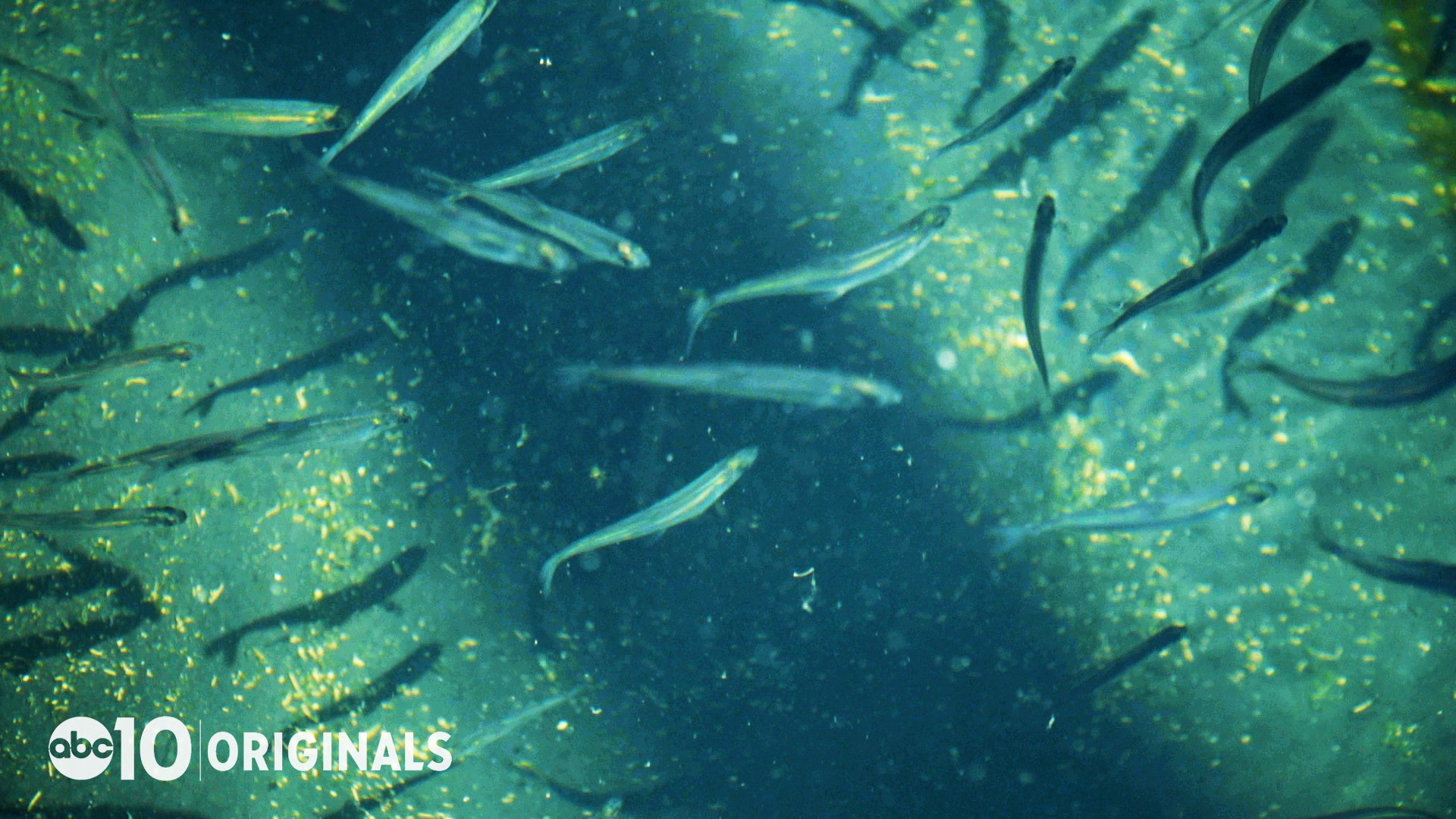Delta Smelt Crisis: On the Brink of Extinction?
The delta smelt, a small fish species found in the Sacramento-San Joaquin River Delta, is facing an unprecedented crisis that threatens its very existence. As the delta's native fish population dwindles, the consequences for the ecosystem and the communities that depend on it are far-reaching. In this article, we'll delve into the complexities of the delta smelt crisis, exploring the historical context, current issues, and potential solutions.
The delta smelt's plight is not new, but the severity of the crisis has worsened in recent years. The fish's population has been declining since the 1990s, when a combination of factors such as habitat degradation, water diversion, and changes in ocean temperatures took their toll. The decline was accelerated by the introduction of non-native species, including the Sacramento sucker and the coastal silverside, which compete with the delta smelt for food and habitat.
Several factors contribute to the delta smelt's vulnerability. One major concern is the river's water quality, which has deteriorated significantly over the years. The introduction of agricultural runoff, sewage, and industrial pollutants has led to the formation of algal blooms, which can be toxic to the fish. Additionally, the removal of native vegetation and the construction of dams have altered the river's natural flow and habitat, making it difficult for the delta smelt to survive.
Historical Context
The delta smelt's decline is deeply rooted in the region's history. The Sacramento-San Joaquin River Delta has been an important fishery since the earliest Native American settlements, with the delta smelt playing a crucial role in the ecosystem. However, the region's development has come at a significant environmental cost. The construction of the Central Valley Project, a massive water diversion project, in the mid-20th century altered the river's flow and habitat, leading to a decline in fish populations.
Early Warning Signs
In the 1980s, researchers began to notice a decline in delta smelt populations. However, it wasn't until the 1990s that the full extent of the problem became clear. A series of studies revealed that the delta smelt's population had dropped by over 90% since the 1970s. This sudden decline sparked a response from government agencies, conservation organizations, and local communities, who recognized the need for urgent action.
Current Issues
Today, the delta smelt crisis is a complex and multifaceted problem. Several issues contribute to the decline of the species, including:
- Habitat degradation: The removal of native vegetation and the construction of dams have altered the river's natural flow and habitat, making it difficult for the delta smelt to survive.
- Water diversion: The Central Valley Project and other water diversion projects have altered the river's flow, leading to changes in water temperature and quality.
- Pollution: Agricultural runoff, sewage, and industrial pollutants have increased the risk of algal blooms and toxic chemicals in the water.
- Overfishing: The removal of native predators, such as the sea otter, has led to an increase in the delta smelt population, which can be devastating to the ecosystem.
Water Quality Concerns
The delta smelt's decline is closely linked to the river's water quality. Algal blooms, caused by the introduction of excess nutrients, can be toxic to the fish. Additionally, the presence of pollutants, such as pesticides and industrial chemicals, can harm the delta smelt's reproductive cycle.
Potential Solutions
Several solutions have been proposed to address the delta smelt crisis, including:
- Restoring habitats: The restoration of native vegetation and the removal of dams could help to improve the river's natural flow and habitat.
- Water quality improvements: Efforts to reduce agricultural runoff and sewage, as well as the removal of pollutants, could help to improve the river's water quality.
- Fisheries management: The implementation of fisheries management plans could help to reduce overfishing and promote the recovery of native species.
- Ecosystem-based management: An ecosystem-based approach to managing the river could help to balance the competing demands of human and environmental needs.
Collaborative Conservation Efforts
A range of organizations, government agencies, and local communities are working together to address the delta smelt crisis. These collaborative conservation efforts include:
- Delta smelt recovery plans: Plans to restore habitats and improve water quality have been developed by government agencies and conservation organizations.
- Fisheries management plans: Plans to reduce overfishing and promote the recovery of native species have been implemented by fisheries management bodies.
- Ecosystem-based management initiatives: Initiatives to promote ecosystem-based management and balance competing demands have been launched by government agencies and local communities.
What Can You Do?
While the delta smelt crisis is a complex and challenging problem, there are steps that individuals can take to help address the issue. Some options include:
- Supporting conservation efforts: Donating to organizations working to restore habitats and improve water quality can help to support conservation efforts.
- Reducing water usage: Reducing water usage and promoting water efficiency can help to reduce the demand on the river and promote more sustainable management practices.
- Spreading awareness: Raising awareness about the delta smelt crisis and the need for conservation efforts can help to build support for action.
In conclusion, the delta smelt crisis is a pressing issue that requires urgent attention. By understanding the historical context, current issues, and potential solutions, we can work together to address this complex problem and promote the recovery of this iconic species.
Candy Mansoneath
Tyler Hynes Relationships
Hisashi Ouchi Po
Article Recommendations
- Chaun Woo Real Parents Picture
- Travis Kelce Health
- Nichol Kessinger Now
- Kessinger Nichol
- Meg Turney
- Diddy
- Kyla Pratt
- Rhona Mitra
- Michael Boulos
- Cathy White Jay Z



